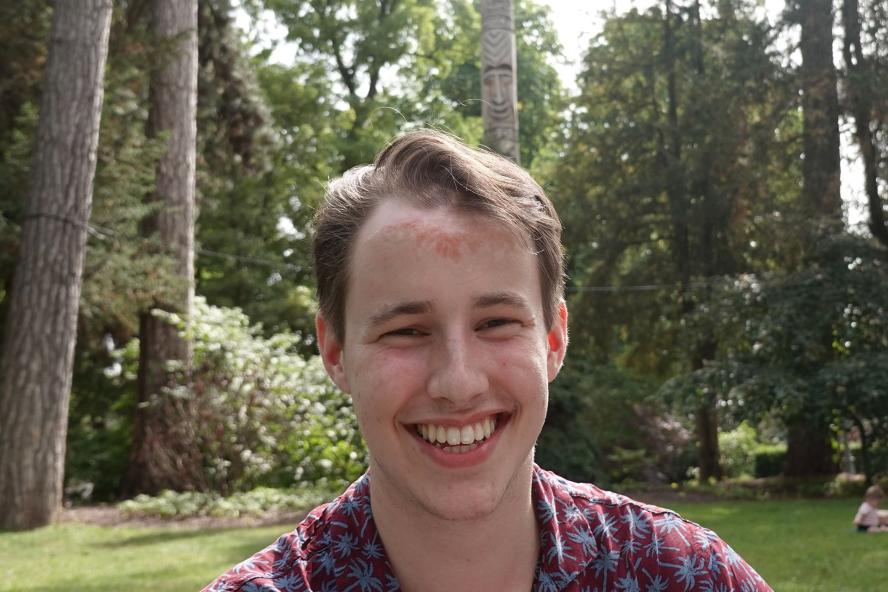Instructor Spotlight: Nate Hall

Tell us about yourself and what inspired you to teach this course
I’ve always been passionate about American politics, and I think campaigns are an important part of the political process that are often overlooked in academic settings. I’ve had the privilege of working on several state and local campaigns in Massachusetts, which has been an eye-opening experience that inspired me to dive deeper into the campaign world. As a history and political science student, it’s also been a great opportunity to combine my two areas of interest into one course.
Your course talks about the history of political campaigns. What’s been most notable about how campaigns have changed in recent years?
The explosion of new technology in the 21st century has given campaigns new ways to interact with voters – in recent years, we’ve seen how candidates can turn engagement on platforms like Twitter and TikTok into meaningful grassroots energy. Additionally, the 24-hour news cycle has made campaigns more reliant on positive media coverage and given news outlets more power in terms of controlling the campaign narrative. Finally, partisan polarization has led to an increase in attack ads and negative campaigning, and changing campaign finance rules have given corporate money an increasingly powerful role in campaigns. On a more positive note, the field of candidates running for office has become increasingly diverse, but there’s still a lot more work to be done to make sure everyone’s voice is heard on the campaign trail.
We are already in the midst of a new campaign season. Is there anything in particular you are looking out for?
Yes! I’m looking out for how Democrats and Republicans handle the major divisions within their parties. We’ve seen these divisions on display in recent weeks as House Republicans struggled to choose a new Speaker, but there’s also a divide among Democrats, between the current leadership and many progressives who are hesitant to support Biden’s re-election. This lack of unity will pose a serious challenge to campaigns on both sides of the aisle heading into 2024.
Just for fun: Do you have a favorite fictional campaign or depiction of the campaign trail (in TV shows, movies, etc.)?
I’m a big fan of Veep, and I think Selina Meyer’s presidential campaigns are a perfect example of the chaos that goes on behind the scenes in politics. But if I’m looking for a more optimistic view of the campaign world, I’ll watch Leslie Knope’s city council campaign on Parks and Recreation.
What do you hope students will take away from your course?
I hope my course will provide a sense of community for students as they start their Tufts journeys. I really want every student to feel welcome and encouraged to share their own thoughts and experiences as they navigate the challenges of their first semesters. Also, whether or not they continue with history and polisci at Tufts, I hope they’ve gained some skills that will help them succeed in their future academic endeavors, whether that’s writing, public speaking, or learning how to advocate for themselves. Finally, I hope this course teaches students that despite how intimidating politics can feel sometimes, they all have the power to make a difference in their own communities – by working on campaigns, by participating in the political process, or simply by speaking up about the issues that matter to them.
Nate Hall (he/him) is a junior studying history with a minor in political science. He’s from Newburyport, MA. On campus, he’s a member of History Society, Torn Ticket, and the Tufts Daily.